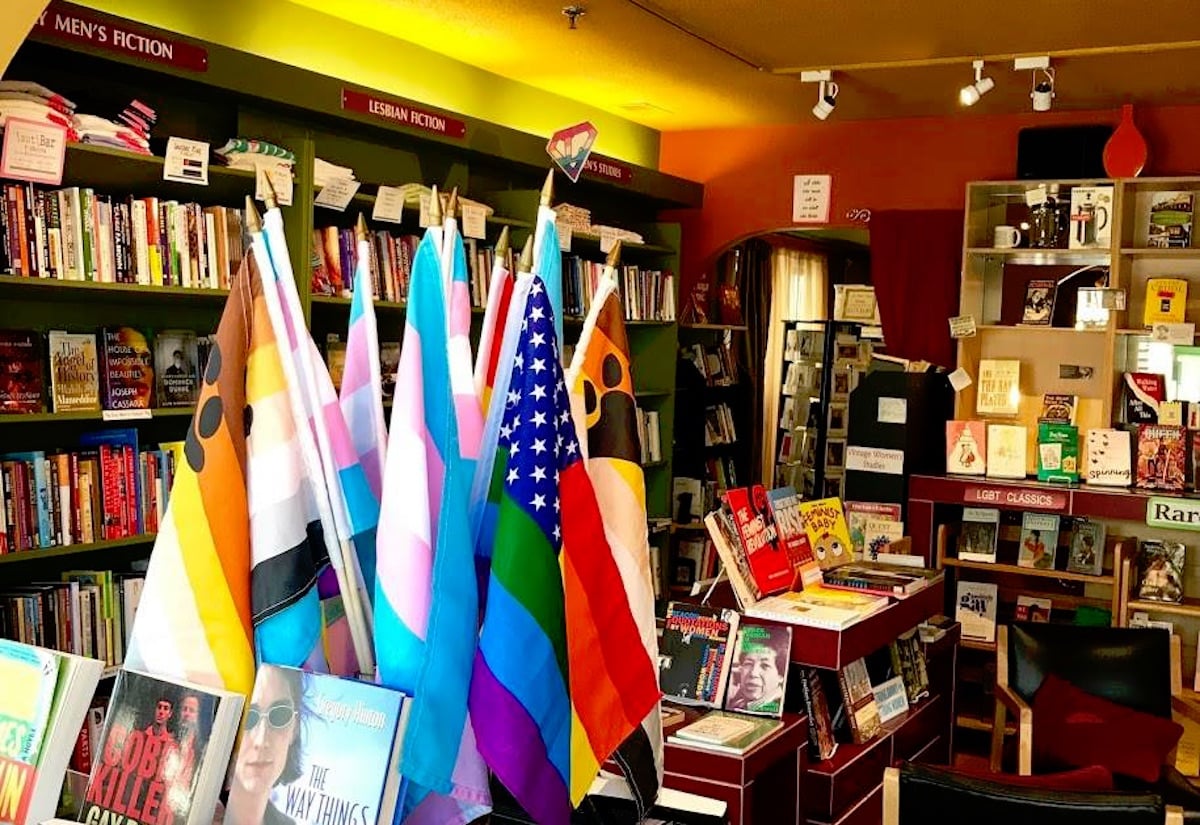Illegally downloading media on the internet has been around since its invention. There was Napster, LimeWire, Pirate Bay, 123Movies, and the list goes on and on. Torrenting is the wild, wild west side of the internet that cryptobros have tried to commodify with their block-chained multilevel marketing scheme. Sharing media for free sounds like a dream, especially when wealthy corporations try to gatekeep information. However, some of the biggest online libraries are being shut down.
In early November 2022, one of the biggest free online libraries was shut down. Z-Library users were confused when they found their go-to site was down. The internet was buzzing in fear for the worst.
Enter: e-Libraries
If I’ve learned anything in this life, broke college students will find a way to access what they need. One of the most popular pirating libraries has been LibGen and Z-Library to access textbooks, academic journals, and commercial books. While I am a publishing professional by day, I also understand what it’s like to be hurting for extra money and not having access to a well-funded library.
So what’s an e-library and how’s it different from having a Kindle or Nook? Well, most importantly, it’s free. People who call themselves “shadow archivists” curate these pirated libraries, sometimes uploading digital materials moments after they’re officially published.
Some could argue: why not go to a regular library? Well, congratulations. You have a well-funded library that has always carried everything you’ve wanted. That’s not the case for everyone. Depending on where you are, libraries can get little to no funding and curate books that leave out various demographics and groups. You’re incredibly limited in what’s available to you.
For those in the U.S., censorship has been a growing issue. Conservative government officials are doing everything in their power to prevent books from being available, especially books with LGBTQIA+ themes or even books featuring divorced characters. While seemingly silly, these incredibly real book bans affect what books are available in certain counties, cities, and states. And if government officials are strict with their book banning, who’s to say the same isn’t happening at home to some queer brown kid in Ohio who wants to see someone like them fall in love? Sites like Z-Library provided a safe space for those who cannot access fiction the same way someone in Brooklyn can.
Keep in mind that torrenting isn’t exactly a victimless crime. While this won’t hurt James Patterson’s bottom line, pirating books does affect independent presses and debut authors. Smaller creators don’t have the luxury of large contracts and practically guaranteed royalties, especially if they’re marginalized creators. Their books are considered risky, so there’s no guarantee they’ll get future book deals if their debut doesn’t sell enough copies.
Two of the biggest online resources were Z-Library which was typically used for books—commercial fiction and textbooks—and LibGen was primarily used for academic sources. Now, they’re gone. According to The Washington Post, Z-Library has been around since 2009, with around 11 million books and 84 million articles for the world to access.
Where does Colleen Hoover come in?
Now everyone blames one TikTok user for the demise of the popular site. The user posted a video showing how to access Z-Library. They showed how to look up books, download them for free, and access them on your device. Naturally, the internet is in an uproar blaming the user for shutting down the site.
Users on the app have quickly blamed the user who has since taken down their video. One of the critiques of the user is that they exposed Z-Library by illegally downloading a Colleen Hoover book. For those unfamiliar with Hoover’s work, she controversially writes erotica books that almost always feature toxic relationships that are borderline abusive, but the hot sex made everything worth it. There’s definitely a stigma towards Hoover’s books, and it has nothing to do with the raunchy content but with the dangerous power imbalances that are romanticized.
Some of the rhetoric on TikTok tip-toes along the line of bullying, attacking the user on a personal level. While recording yourself illegally downloading pirated content on the internet for others to follow suit seems like an obviously bad idea, perhaps it was an immature decision. Pointing fingers and calling someone names is equally uncalled for. Especially since those who’ve been pirating content for years knows that these kind of sites are phoenixes, constantly dying and being resurrected.
FBI involvement
Never forget that tech giants collaborate with the American federal government. Google and Amazon assisted the FBI in finding the two behind the website. Anton Napolsky and Valeriia Ermakova were caught in Cordoba, Argentina and were arrested for criminal copyright infringement, wire fraud, and money laundering for operating Z-Library.
Napolsky and Ermakova were investigated by started the Cyber Crime Task Force—which was established in 2018 and is a clear indication that we’re living in the future. This took the cooperation of multiple countries as well as the Justice Department’s Office of International Affairs and Computer Crime and Intellectual Property Section. The Department of Justice noted that there was corroboration with The Authors Guild in New York and The Publishers Association in London.
The Z-Library domain has been taken down since the pair’s arrest.

While the internet has always been divided on torrenting, it appears that the U.S. government is cracking down on internet crimes. Despite the security risks the FBI has with TikTok, the government seems to be stalking the platform to catch illegal activity. That being said, according to Bloomberg, the U.S. is still negotiating terms regarding TikTok’s security risk. The irony of one government worrying about spying is hard to miss.
The New Cybersecurity Task Force will continue to work with Department’s Criminal Division, the National Security Division, the United States Attorney’s Office community, the Office of Legal Policy, the Office of Privacy and Civil Liberties, the Office of the Chief Information Officer, the ATF, FBI, DEA, and the U.S. Marshals Service moving forward to catch any criminal activity.
So, those who torrent, good luck. For those who don’t, well, it looks like you’ve got nothing to worry about.
(featured image: Common Language Bookstore in Ann Arbor)










Published: Dec 5, 2022 11:02 pm